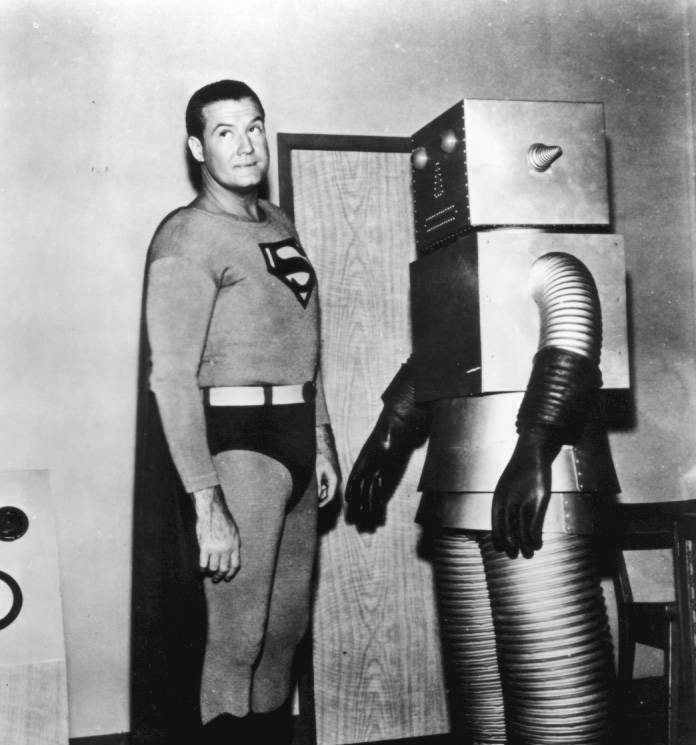In an excellent Wired piece, Kevin Kelly predicts the near-term future of AI and reminds that search was never the principal goal of Google. He also explains that our attempt to define artificial intelligence has a parallel, tacit quest: redefining what being human means. An excerpt:
A picture of our AI future is coming into view, and it is not the HAL 9000—a discrete machine animated by a charismatic (yet potentially homicidal) humanlike consciousness—or a Singularitan rapture of superintelligence. The AI on the horizon looks more like Amazon Web Services—cheap, reliable, industrial-grade digital smartness running behind everything, and almost invisible except when it blinks off. This common utility will serve you as much IQ as you want but no more than you need. Like all utilities, AI will be supremely boring, even as it transforms the Internet, the global economy, and civilization. It will enliven inert objects, much as electricity did more than a century ago. Everything that we formerly electrified we will now cognitize. This new utilitarian AI will also augment us individually as people (deepening our memory, speeding our recognition) and collectively as a species. There is almost nothing we can think of that cannot be made new, different, or interesting by infusing it with some extra IQ. In fact, the business plans of the next 10,000 startups are easy to forecast: Take X and add AI. This is a big deal, and now it’s here.
Around 2002 I attended a small party for Google—before its IPO, when it only focused on search. I struck up a conversation with Larry Page, Google’s brilliant cofounder, who became the company’s CEO in 2011. “Larry, I still don’t get it. There are so many search companies. Web search, for free? Where does that get you?” My unimaginative blindness is solid evidence that predicting is hard, especially about the future, but in my defense this was before Google had ramped up its ad-auction scheme to generate real income, long before YouTube or any other major acquisitions. I was not the only avid user of its search site who thought it would not last long. But Page’s reply has always stuck with me: “Oh, we’re really making an AI.”
I’ve thought a lot about that conversation over the past few years as Google has bought 14 AI and robotics companies. At first glance, you might think that Google is beefing up its AI portfolio to improve its search capabilities, since search contributes 80 percent of its revenue. But I think that’s backward. Rather than use AI to make its search better, Google is using search to make its AI better.•
Tags: Kevin Kelly, Larry Page

